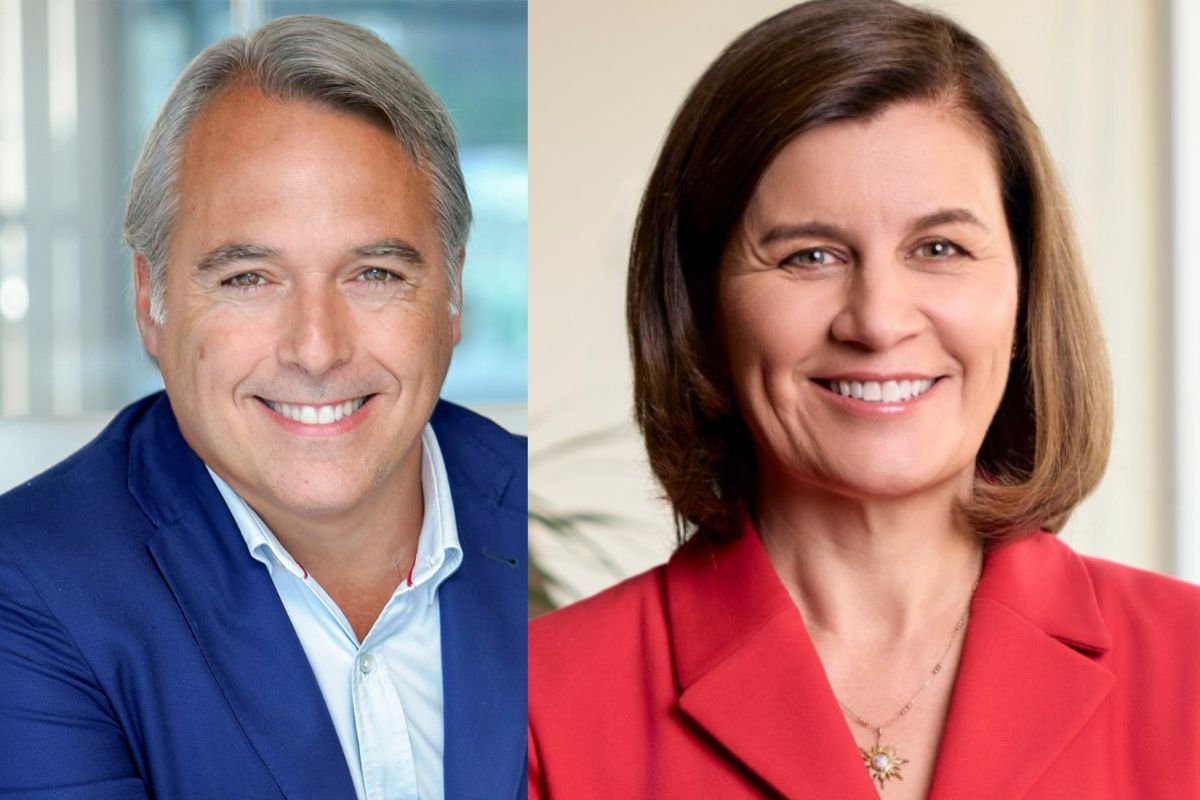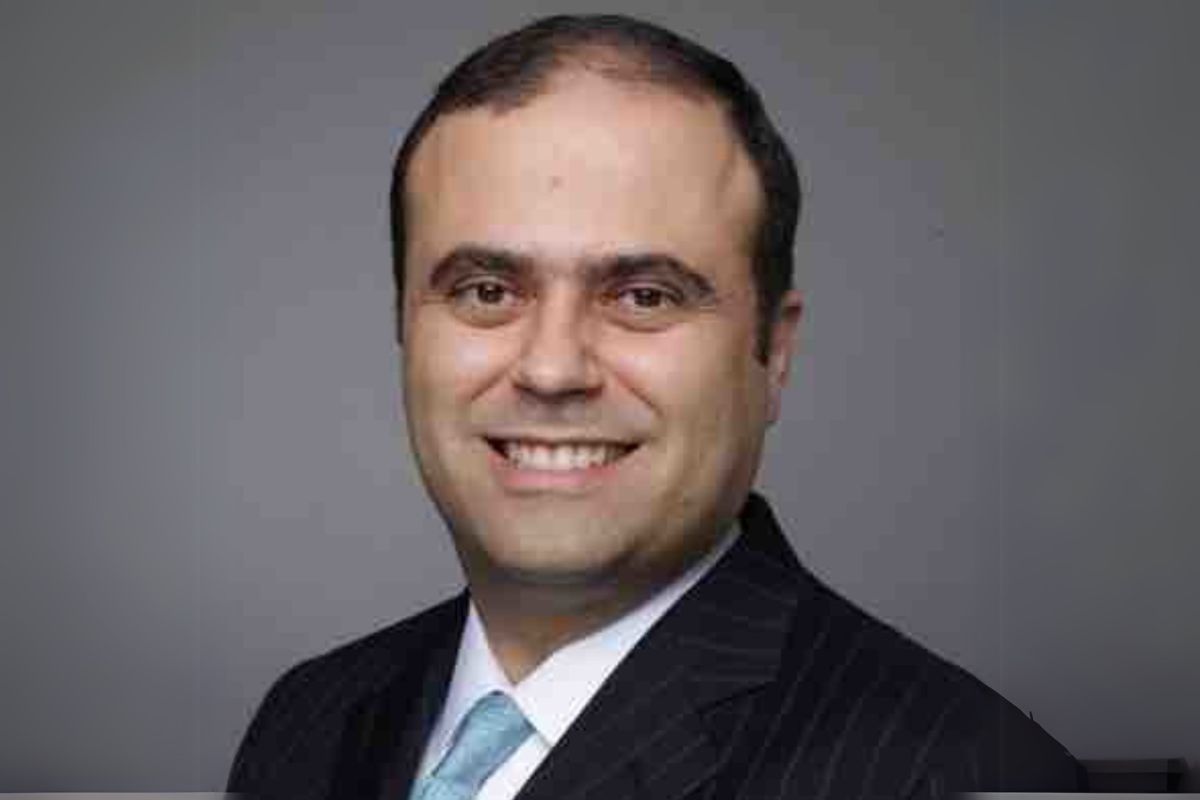Demand for Agriculture-Linked Financial Instruments Soars in Brazil
| By Amaya Uriarte | 0 Comentarios

The first effects of tariff measures introduced by the U.S. government under Donald Trump are beginning to materialize in both the real and financial economies. In Brazil, Credit Rights Investment Funds linked to agriculture are growing rapidly, as the performance of the local agribusiness sector once again surprised in the first quarter of 2025 with a 12.2% expansion.
Year over year, Brazil’s GDP rose by 2.9%. A major driver of this acceleration came from the agricultural sector: China doubled its soybean purchases, making the Latin American giant its primary supplier and replacing the United States.
In Brazil, this growing relevance has reignited discussions on how to expand financing for the sector, and among the most promising instruments are Credit Rights Investment Funds (FIDCs), which are consolidating as a structured credit mechanism tailored to the specific needs of agriculture.
The FIDC market dedicated to agribusiness—particularly in the form of FIAGRO-FIDC—has experienced rapid growth. According to data from Anbima, FIAGROs’ net assets have increased by 204% since March 2023, reaching BRL 47.7 billion (approximately USD 8.6 billion) in 2025. Of that total, about 48% is allocated to FIDC structures, which acquire credit rights from the rural production chain such as invoices, supply contracts, and input receivables.
“FIDCs provide rural producers with more flexible credit access, often through structures adapted to their production cycle. For investors, they represent a safe and regulated alternative with the potential for higher returns than traditional fixed income,” said Marcelo Linhares, Superintendent of Agribusiness and Foreign Trade at FlowInvest.
FIDCs are directly supervised by the Brazilian Securities and Exchange Commission (CVM), which ensures greater transparency and strict governance. Resolution 175, recently enacted by the regulatory body, has simplified the fund regulatory framework, offering more clarity on risk classifications and manager responsibilities.
Beyond FIDCs, other instruments are also attracting investor interest in the agribusiness sector: Agribusiness Receivables Certificates (CRAs), which are exempt from income tax for individuals and have seen a 42% increase in issuance volume; Agribusiness Credit Bills (LCAs); and Green CPRs, which focus on sustainable farming practices.
According to experts, the advancement of receivables tokenization, the growing sophistication of investment platforms, and increased interest in real-economy-linked assets have enabled individual investors to engage with agriculture like never before.
“Today, it’s possible to invest in robust structures backed by agribusiness without leaving home, with sector diversification and exposure to one of the most resilient segments of the Brazilian economy,” said Linhares.
Although agribusiness represents about 6.5% of Brazil’s GDP on average, it has been a major driver of recent economic growth, further reinforcing the appeal of these instruments. For investors, in addition to the potential for risk-adjusted returns, structured funds such as FIDCs offer the chance to build more diversified portfolios with assets uncorrelated to the urban and industrial economy.
“We are entering a new agricultural financing cycle, in which the capital markets play an increasingly strategic role,” Linhares concluded.









